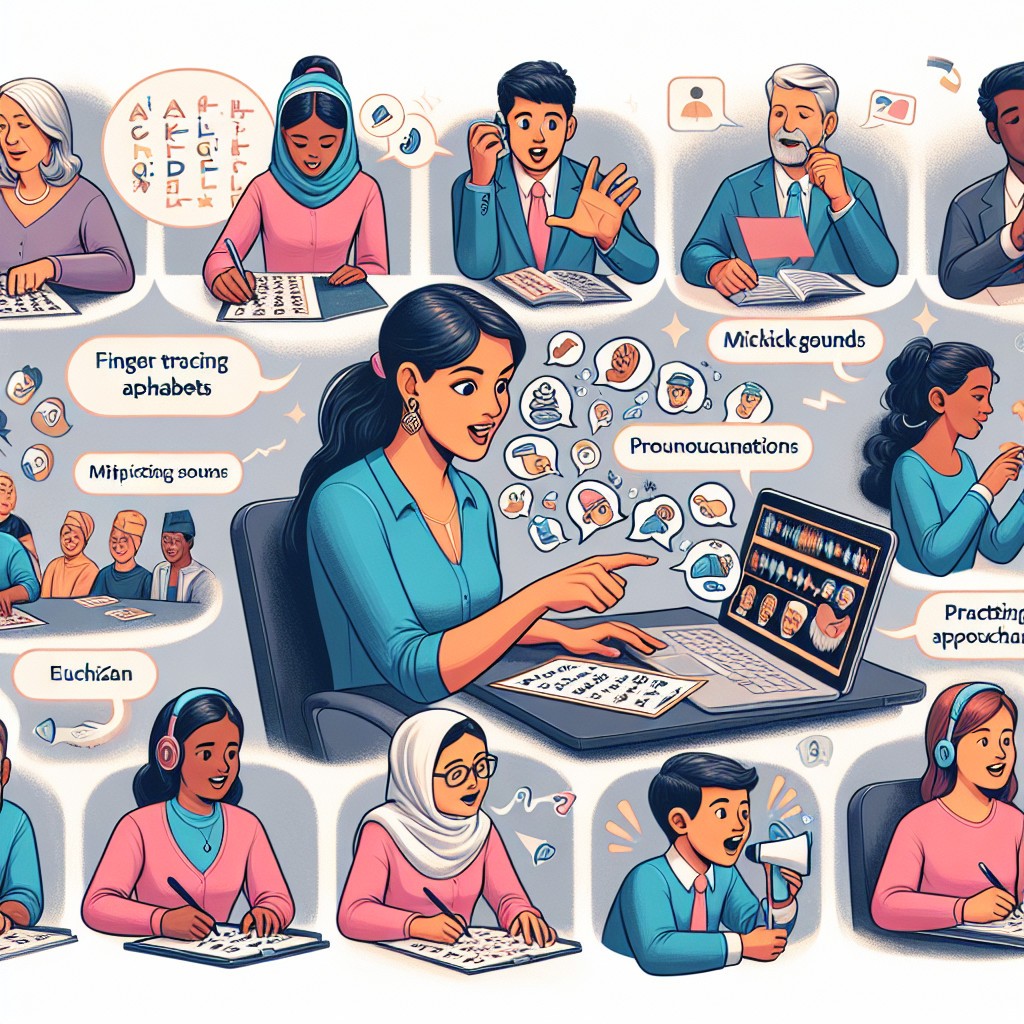How to Learn a Speech Quickly: Top Tips for Effective Memorization
Hello! Are you looking for a way to learn a speech quickly? Whether you have a presentation coming up or need to deliver an important talk, memorizing your speech can help you feel confident and deliver a memorable performance. While cue cards can provide a safety net, it’s always better to be well-prepared and familiar with your speech. So, let’s dive into some useful tips and tricks to learn a speech quickly!
1. Break It Down into Smaller Parts
One effective approach is to break your speech down into smaller, manageable parts. Instead of attempting to memorize the entire speech at once, focus on learning each section separately. By dividing and conquering, you can prevent overwhelm and make the overall task seem much more achievable.
2. Master the Key Points
Identify the key points and main ideas you want to convey in your speech. Spend some extra time familiarizing yourself with these critical elements. By understanding the core concepts, you’ll be better equipped to recall the speech even if you stumble or lose your train of thought momentarily.
3. Visualize and Use Mental Associations
Creating visual images or associations for different parts of your speech can significantly aid your memory. Visualize each part of the speech as a vivid image or connect it to something you already know or can easily remember. This technique taps into the power of your visual memory, making it easier to recall information when you most need it.
4. Practice with a Timer
Once you have a good grasp of the speech, practice delivering it while timing yourself. This allows you to become comfortable with the flow and pacing of your presentation. It also helps consolidate your memory as you repeatedly engage with the material. Furthermore, timing your speech will ensure you don’t exceed the allocated time during the actual delivery.
5. Utilize Audio Recordings
Recording yourself reading the speech and then playing it back can be an excellent learning tool. You can listen to the recording while driving, exercising, or doing household chores, effectively maximizing your time and immersing yourself in the content. This technique capitalizes on auditory learning, strengthening your memory of the speech.
FAQs
Q1: How far in advance should I start learning my speech?
A1: Starting early is crucial. Ideally, allow yourself at least a week to learn and practice your speech. Starting earlier will give you ample time to master the material, build confidence, and make necessary adjustments.
Q2: Is it necessary to memorize the entire speech?
A2: While memorizing the entire speech is beneficial, it’s not always necessary. Focus on memorizing the crucial points, transitions, and opening and closing statements. This way, even if you lose your place, you can guide yourself back on track seamlessly.
Q3: How many times should I practice my speech?
A3: There is no definite answer to this, as it varies from person to person. However, aim for at least 5-7 practice sessions. Repeatedly going through the speech will help solidify your memory of the content and increase your overall confidence.
Q4: Should I use cue cards or memorize the speech entirely?
A4: Cue cards can be helpful if you require extra support during your presentation. However, relying solely on cue cards may hinder your ability to establish eye contact and connect with your audience. Strive to memorize your speech as much as possible, while using cue cards only as a safety net if needed.
Q5: How can I overcome nervousness during the speech?
A5: Nervousness is natural, and many people experience it while speaking in public. To combat nervousness, focus on deep breathing exercises before and during your speech. Remind yourself that you are well-prepared and knowledgeable on the subject matter. Additionally, practice in front of friends or family to simulate the experience and gain confidence.
Learning a speech quickly is achievable with the right strategies and sufficient practice. By breaking it down, mastering key points, visualizing, practicing with a timer, and utilizing audio recordings, you can strengthen your memory and deliver a stellar performance. So, prepare well, embrace the challenge, and leave a lasting impression with your skillful delivery!



